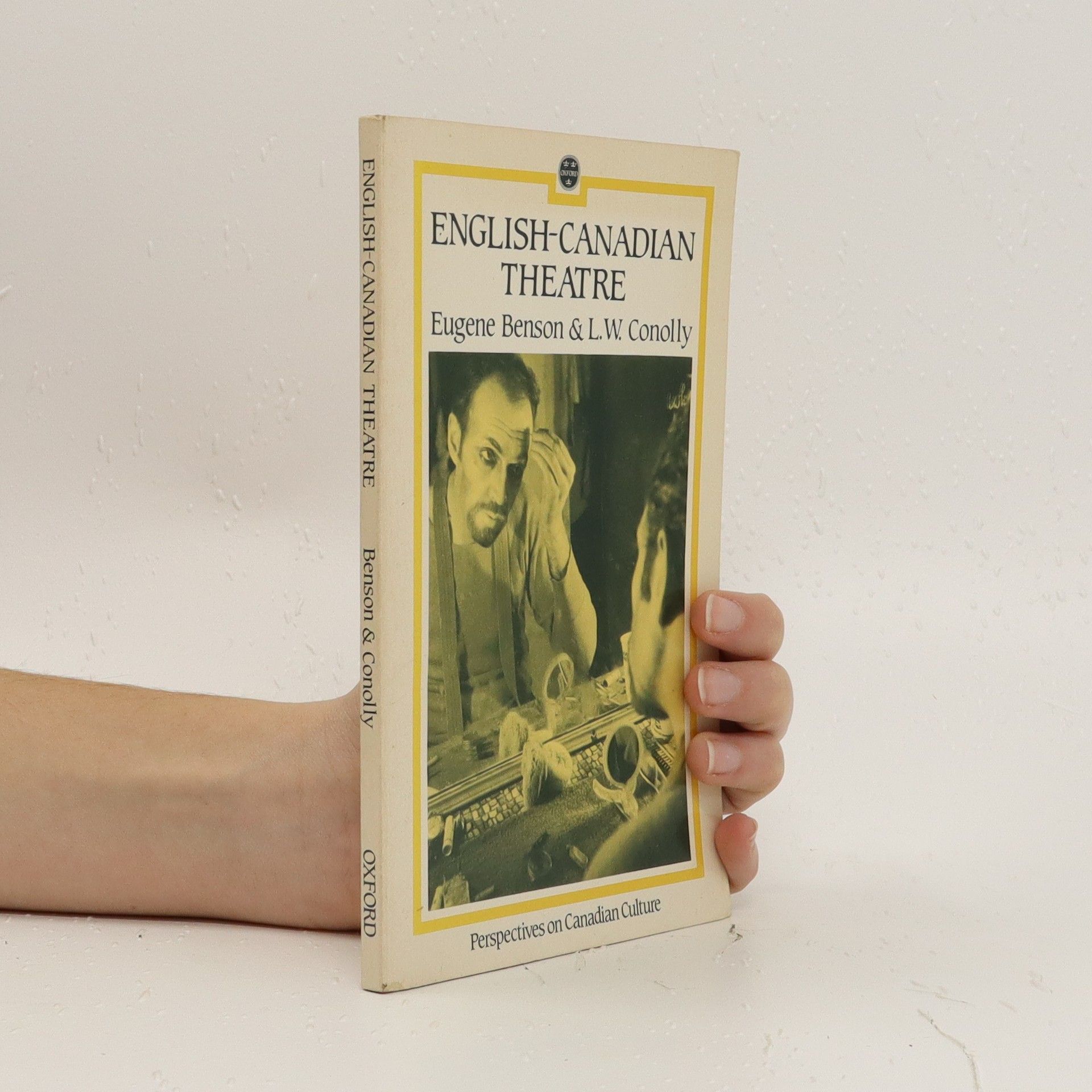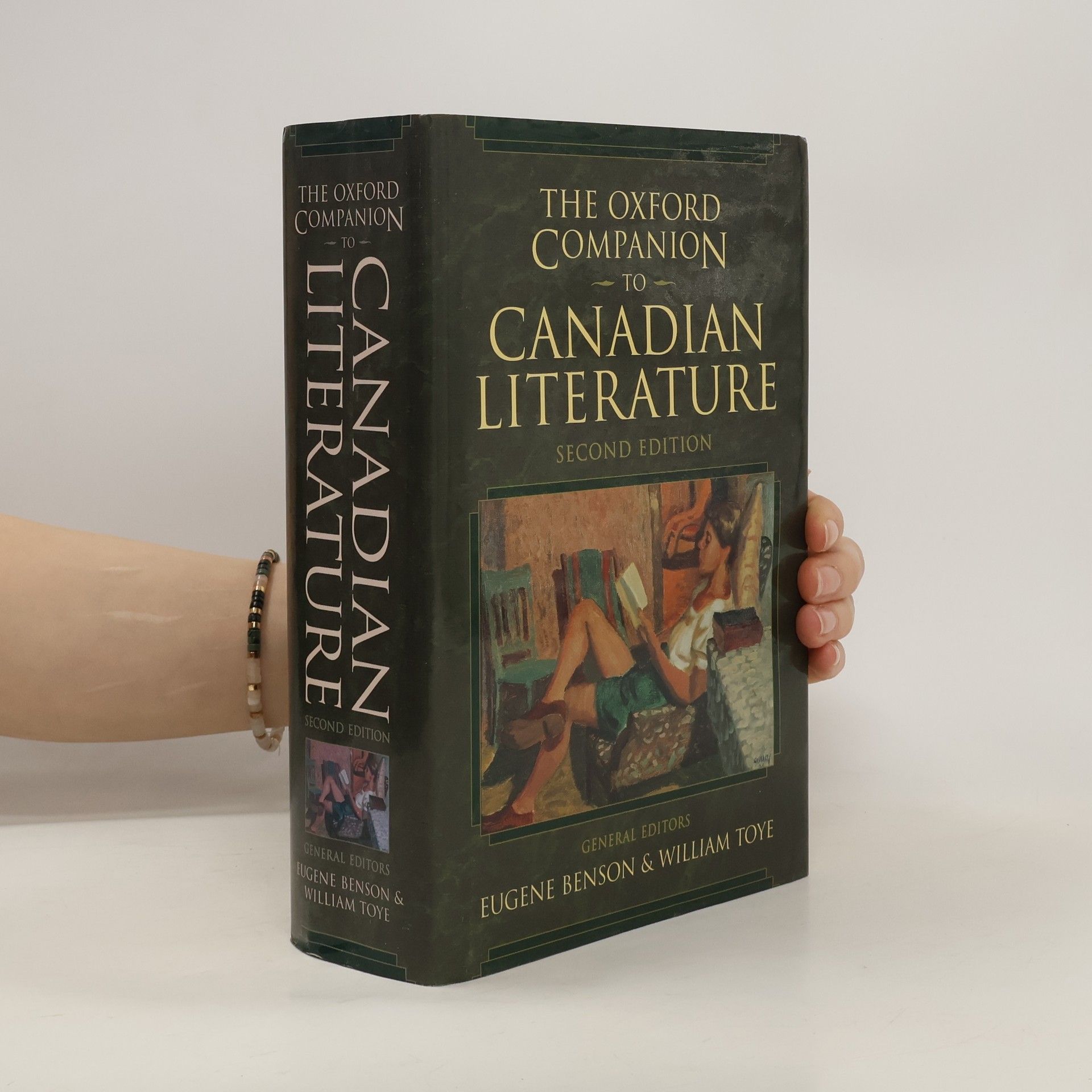The Oxford Companion to Canadian Literature
- 1199pages
- 42 heures de lecture
Contains over 1,100 entries covering mainly English-Canadian literature, and including new author and title entries, as well as extensive genre surveys.



Contains over 1,100 entries covering mainly English-Canadian literature, and including new author and title entries, as well as extensive genre surveys.
Eugene Benson's collection showcases a diverse array of libretti adapted from classic literature, transforming works by Jane Austen, Charles Dickens, and Oscar Wilde into operatic and theatrical forms. It explores varied themes, such as the mysterious death of Canadian painter Tom Thomson in "The Mystery of Canoe Lake," and the intriguing life of theatre mogul Ambrose J. Small in "The Millionaire Who Disappeared." Spanning from the Middle Ages to the twentieth century, this anthology highlights Benson's creative versatility over fifty years.
English-Canadian Theatre is an authoritative survey of the history of theatre and drama in English Canada, the dominance in the nineteenth century of foreign plays, companies, and stars, and the development in the twentieth century of an indigenous Canadian theatre.